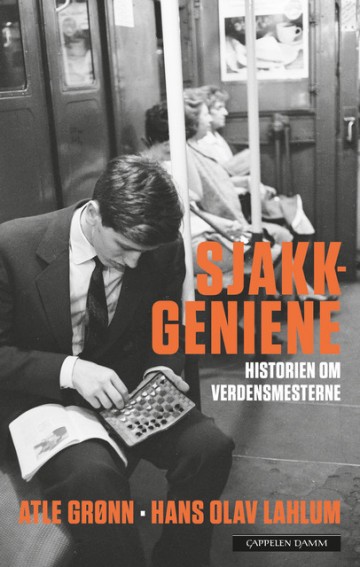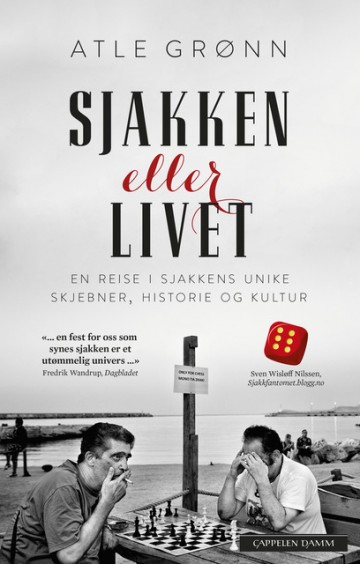Fields of expertise
Ukrainian linguistics (soon), Russian Linguistics, Formal Semantics, Pragmatics, Contrastive Linguistics, Corpus Linguistics; the History of Chess.
My most recent papers:
- What is “relative tense”? On shifted interpretations in Russian (under review);
- Tense in non-complement clauses (focus on English, Ukrainian and Japanese; under review);
- Tense in Slavic (focus on Ukrainian, BCMS and Bulgarian; accepted for publication).
If you want a preprint, please feel free to contact me.



